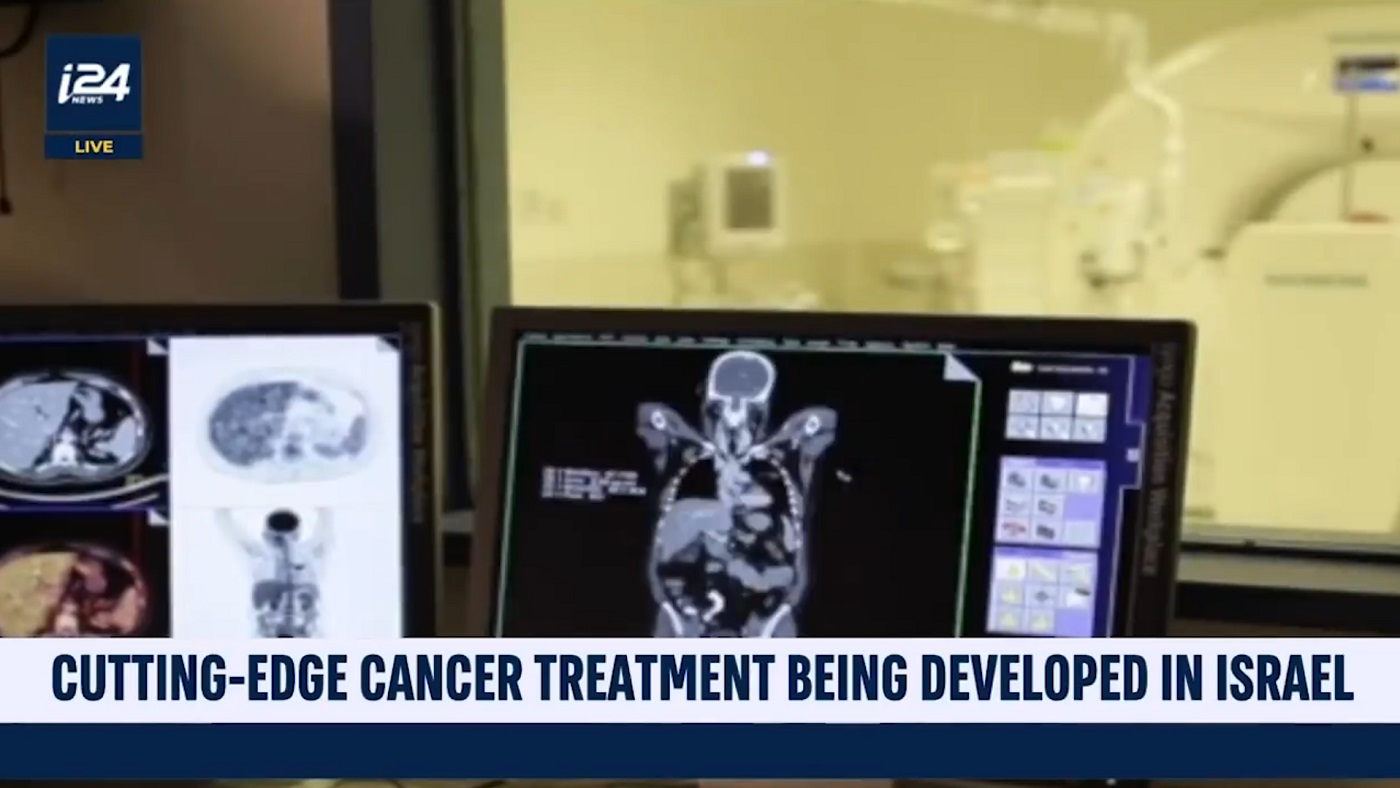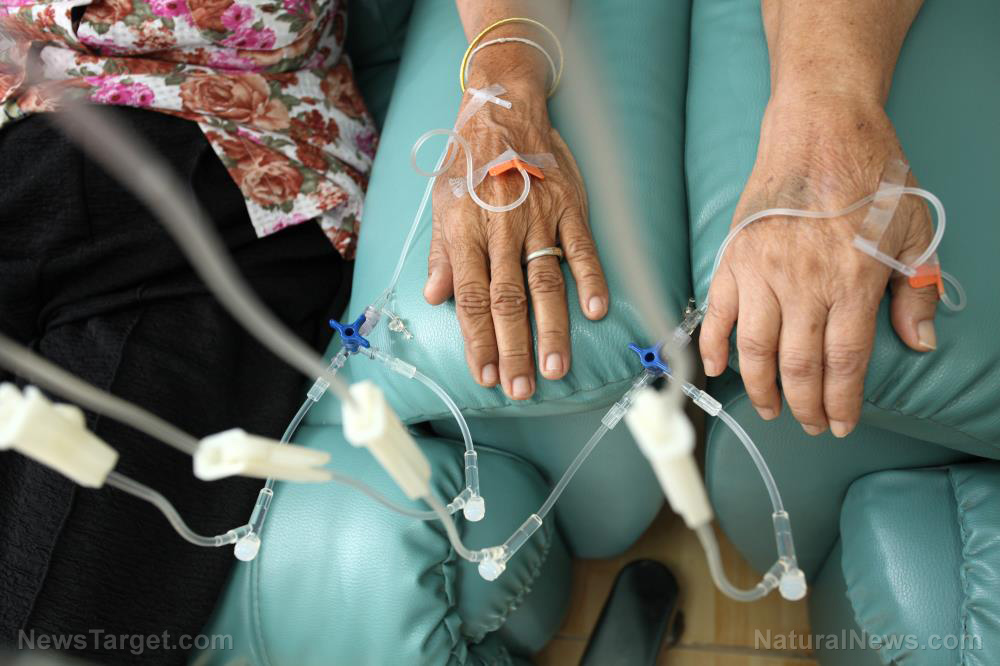Gotta look busy: Doctors order many unnecessary scans, therapies, surgeries, only adding to patient stress
02/07/2019 / By Tracey Watson

There is a pervasive culture of medical overtreatment in the United States. A study published in the journal PLOS ONE in 2017 found that doctors themselves admit that an average of 20 percent of all medical care is unnecessary, including 22 percent of prescribed medications, 25 percent of tests and 11 percent of procedures.
Physicians cite several reasons for this overtreatment, including fear of malpractice, patient pressure and difficulty accessing medical records. What they don’t admit, however, is that they are financially incentivized to overtreat patients.
“Reimbursement drives everything,” said Jean Mitchell, an economist and professor at Georgetown University’s McCourt School of Public Policy. “It drives the whole health care system.”
What the medical fraternity also doesn’t admit is just how harmful this culture of overtreatment is.
According to a 2009 report by the National Academy of Medicine, unnecessary medical treatments cost the health care system $210 billion each year.
Kaiser Health News (KHN) reported:
A growing number of patients and doctors are concerned about overtreatment, which is rampant across the health care system, argues Dr. Martin Makary, a professor of surgery and health policy at the Johns Hopkins University School of Medicine in Baltimore. … From duplicate blood tests to unnecessary knee replacements, millions of patients are being bombarded with screenings, scans and treatments that offer little or no benefit.
And these unnecessary and invasive procedures are not just costly in terms of dollars and cents; they can also cause immense physical harm to patients.
An example of this is the course of radiation generally prescribed for breast cancer patients after they have undergone chemotherapy and other forms of treatment.
Back in 2010, the prestigious New England Journal of Medicine published a study which found that a condensed, three-week course of radiation works as well as or better than the traditional six-week course that oncologists had been prescribing for years.
A year later, the American Society for Radiation Oncology endorsed the study. Two years later, in 2013, the society went a step further and specifically admonished oncologists to prescribe the shorter course of treatment for women over the age of 50.
Nonetheless, an investigation by KHN revealed that only 48 percent of eligible patients are offered the shorter course of treatment, even though the longer treatment causes additional financial and physical hardship.
After being diagnosed with breast cancer, Annie Dennison, a 55-year-old retired psychologist from California, agreed to a slew of toxic treatments, including lumpectomy surgery, chemotherapy, several other medications, and eventually the full six-week course of radiation.
Dennison says she was never offered the shorter course of treatment.
“It’s disturbing to think that I might have been overtreated,” Dennison said. “I would like to make sure that other women and men know this is an option.”
Dennison’s oncologist, Dr. David Khan, claims that he had good reason for prescribing the lengthier radiation treatment plan, including concerns that the shorter treatment would cause an increase in side effects.
There are several other treatments and screenings associated with cancer treatment that are also a cause for concern.
KHN reported:
Overzealous screening for cancers of the thyroid, prostate, breast and skin, for example, leads many older people to undergo treatments unlikely to extend their lives, but which can cause needless pain and suffering, said Dr. Lisa Schwartz, a professor at the Dartmouth Institute for Health Policy and Clinical Practice.
Doctors routinely prescribe years of MRIs and annual blood tests for tumor markers for patients who have had cancer, even though specialists have been telling oncologists since 1997 that these tests are unnecessary. Some of these tests – like CT, PET and bone scans – expose patients to unnecessary radiation, which is a known carcinogen and increases the risk of cancer. (Related: 10 Natural remedies for radiation exposure.)
So, the next time your doctor prescribes a battery of tests for a given condition, it would be worth taking the time to do some additional research or to get a second opinion – you could save yourself time, money and unnecessary anguish.
Sources include:
Tagged Under:


















